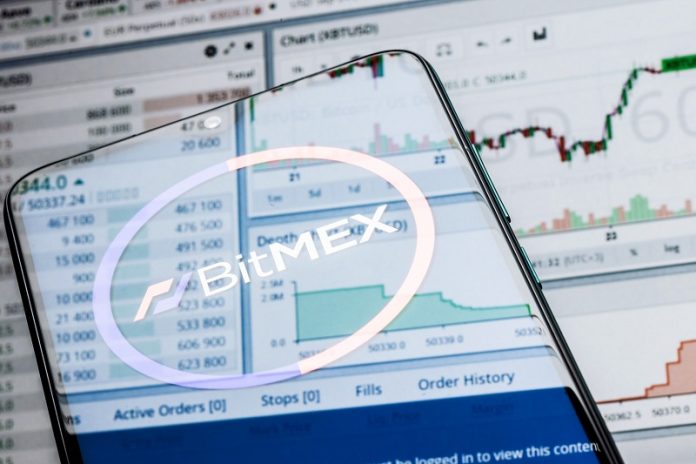BitMEX co-founder and macro-analyst Arthur Hayes recently wrote a blog post discussing the relationship between Bitcoin and interest rates. He argued that traditional economic logic would collapse under the immense debt burden of the US government, especially with the Federal Reserve having increased its benchmark rate from 0.25% to 5.25% in the last year.
Hayes pointed out that inflation might exceed expectations due to the 9.4% nominal GDP growth in Q3, versus the 5% yield on 2-year US Treasury bonds. He also highlighted that according to Atlanta Fed’s GDPNow forecast, nominal GDP growth remains “astonishingly high.”
The analysis showed that as the Fed raised rates, the credit-sensitive economy weakened, evidenced by a downturn in financial asset markets, including stocks and Bitcoin, in 2022. This resulted in reduced government capital gains tax receipts, leading to increased government deficits and higher interest payments to wealthy bondholders.
Hayes believes that central bank policies will favour “finite supply risk assets” such as Bitcoin, as the Fed injects money into one part of the economy while withdrawing it from another. He also argued that Bitcoin’s four-year cycles might be linked to central banks’ low-rate policies.
Overall, Hayes concluded that the Federal Reserve’s efforts to combat inflation would ultimately benefit high-risk assets like Bitcoin. He believes that as long as the Fed’s approach to taming inflation remains uncertain, these assets are likely to experience long-term growth.

